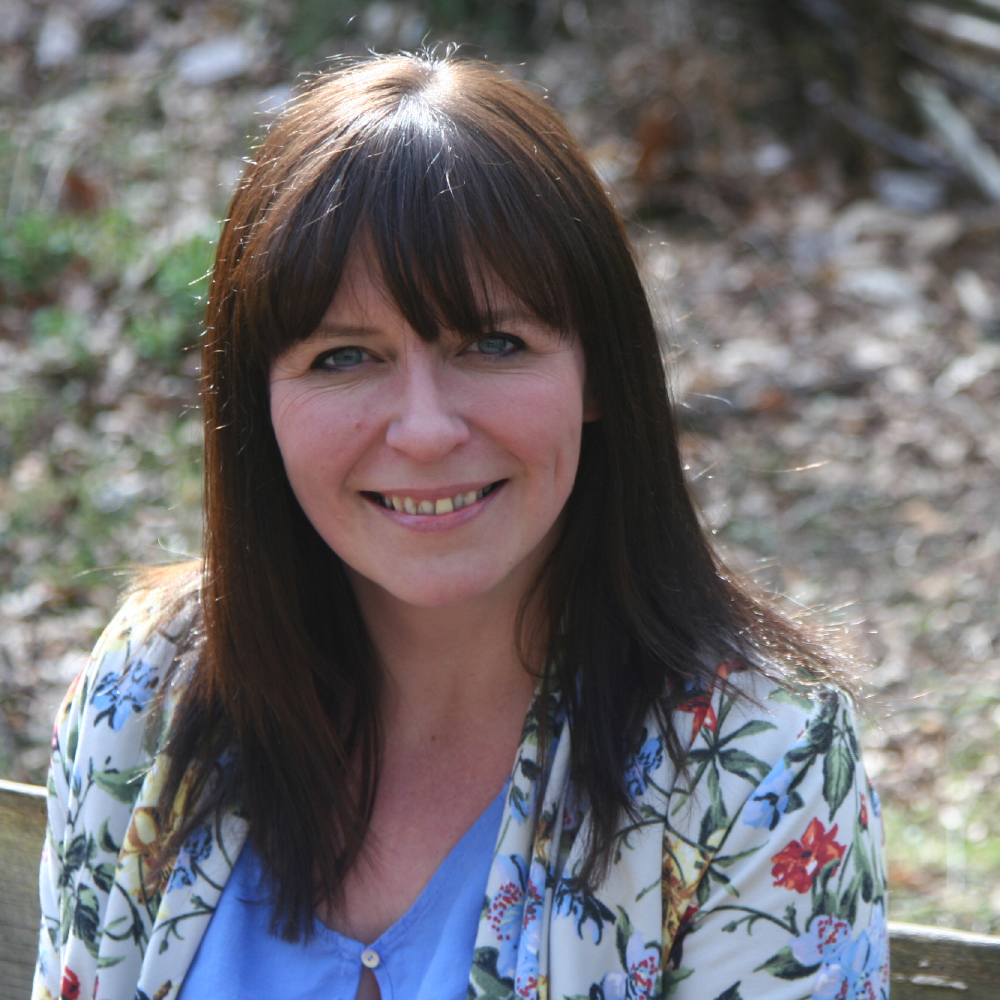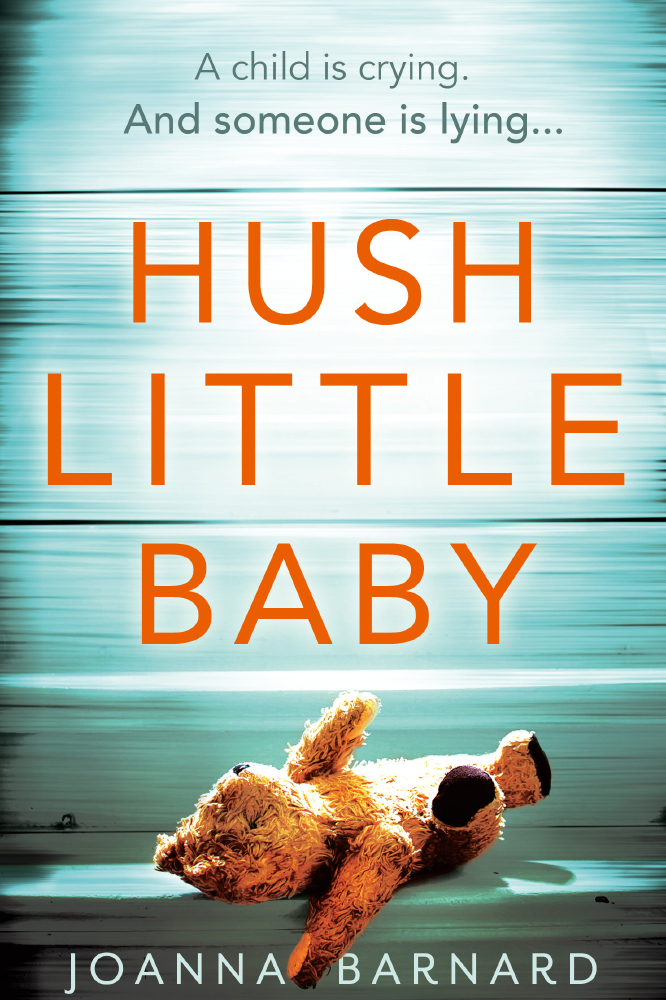It’s a universal relationship. Everyone has been either a parent, or a child, or both. As storytellers we try to create those moments where a reader will feel a tingle of recognition and say “Yes, I’ve felt like that too”. The parent-child relationship is a mine of these moments.

Joanna Barnard
Conflict. Every good story needs conflict and parenthood sometimes feels like a stream of unending arguments: with your partner, with your wider family, with random people in the street and on the internet who it seems have opinions on everything from feeding to sleep to toilet training, and that’s before you’ve got past the first few years. Then you can start arguing with your child, and the inspiration never ends.
Humour. When you find yourself on your sofa in the middle of the afternoon, legs akimbo while a woman you’ve only just met has ‘a quick look at your stitches’ before the steam has even gone off her cup of tea, you’d better develop a sense of humour, and fast. And of course, once your little darling starts to talk, he or she will provide daily hilarious comments, which would be great in a book, if you could only find it within your newly foggy brain to pick up a pen and write them down.
Horror. 1970s movie directors knew the value of children for eliciting the heebie-jeebies from an audience. From The Omen to The Exorcist, creepy kids abound in this genre. It’s true there is often something uncanny, something other, about our offspring, as anyone will know who has stared at a child mid-tantrum and wondered ‘Who are you?’ (For Horror, also see: Childbirth.)
The Child’s Eye View. Being around small people gives you a different, more innocent view of the world, which can be great for sparking ideas. Having to answer an incessant stream of questions also keeps you honing your communication skills. Some recent favourites from my seven-year-old include: ‘Are green hearts real?’ ‘What will happen to me if you and Daddy both die?’ and ‘Mummy, when two women get married, do you get two babies?’
Mistakes. Often the drivers of a great story are the wrong turns the characters take. Real-life parenting will give you plenty of material here. From the serious ones, like a failed marriage, or a moment’s distraction that results in a child being lost or hurt, to the less dramatic, such as letting your child snack on blueberries and houmous all day (for a ‘quiet life’), resulting in quite spectacular (and not-so-quiet) all-night vomiting. Oops.
Love. Again, a universal theme with endless permutations for storytelling. When I was pregnant, my mum sent me a card in which she wrote ‘There is no love like the love for your own child’. I smiled and thought, okay, whatever, I know all about love, thank you very much. Then my son was born and it was as though someone backed up an articulated lorry full of love and dumped it all over my head, burying me in it. I knew about love before, but now I know about love that makes me feel like I’m drowning, fills me with fear and joy and pride and panic, and somehow manages to get bigger every day. One key to writing well is, I believe, being able to access a range of emotions. Parenthood has given me that in spades.

Hush Little Baby by Joanna Barnard, £7.99 by Ebury Press

